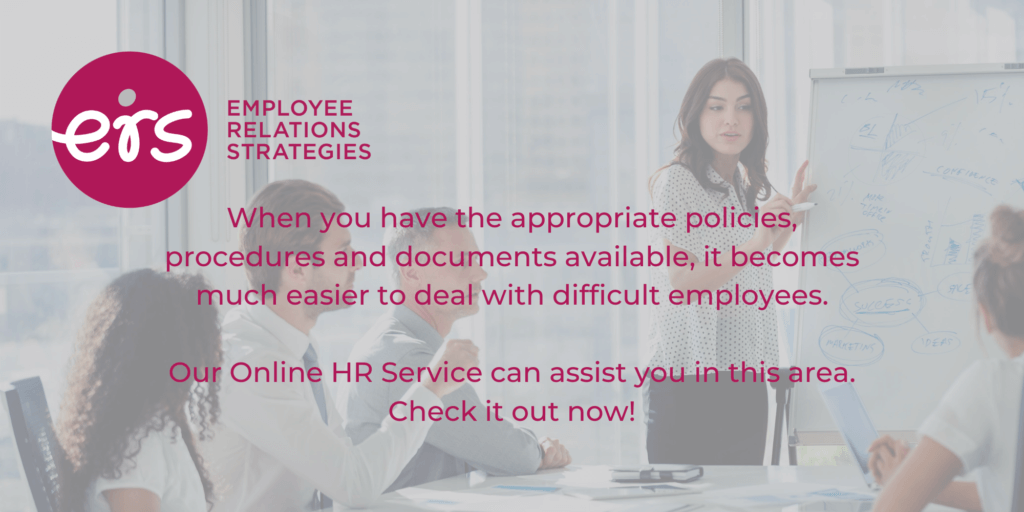How do you know if you’re dealing with a narcissist? How should you manage them?
Individuals suffering from Narcissistic personality disorder (NPD), more commonly known as ‘narcissists’, can wreak absolute havoc on your business. Others who are more borderline as to whether they have a personality disorder, can also be difficult to handle.
Narcissists can be incredibly charismatic and overly confident. They live by the mantra ‘me first’. Think of notorious narcissists such as Kanye West, Madonna and Steve Jobs who are famous for their grandiosity and big egos.
You could imagine that working with them could be a nightmare!
Why you need to be wary of them in the workplace
Narcissists are averse to criticism and almost always manage to find an excuse for their behaviour. They can be envious, manipulative and overstep boundaries, which can have serious consequences for your business.
Narcissists can be very hard to work with, and as an employer you might see that your only option is to dismiss them. However, as destructive as narcissists can be inside your business, they can be even more damaging to your business once you ask them to leave.
Due to their egotistical nature and grandiose beliefs about themselves, narcissists can and will pursue employers beyond the point of reason after being dismissed.
Employers therefore have to be very careful when dismissing narcissists to reduce the chances of prolonged and damaging unfair dismissal cases, General Protection or Adverse Action claims being taken against them.
Click on the image below to check out our Online HR Service.
Minimise the problem by implementing the following strategies
1. Document all events
The greater the amount of evidence of their negative behaviour you possess, will make it harder for them to dispute your decision to dismiss them before a tribunal. The more evidence you have backing up your decision to show that their dismissal was not ‘harsh, unjust or unlawful’, the better!
Need help documenting anything? Take a look at our list of free resources here.
2. Give official warnings
If the narcissist is bullying other employees or not meeting performance targets, don’t beat about the bush. Set clear boundaries about appropriate behaviour and performance. State the serious implications if the undesirable behaviour was to continue e.g. extending probation or dismissal. And have witnesses present.
A performance or disciplinary interview may be something you need to do. Take a look at our free template in accurately record any information here.
3. Don’t try to change their behaviour
NPD is a disorder and narcissistic characteristics are imbedded in sufferers’ personalities. Don’t get caught up trying to fix them. However, make it clear that their inappropriate actions such as bullying are unacceptable and will not be tolerated.
4. Distance yourself emotionally
Be mindful that their empathy is limited and they won’t be afraid get back at you if they feel under attack. Narcissists take advantage of other people’s empathy and can be very manipulative. Don’t take their behaviour personally, but do act firmly.
5. Talk to their co-workers
Narcissists can make working life miserable for those around them. Consider gathering evidence from a narcissist’s subordinates, manager or supervisors, through multi-source methods such as 360-degree feedback instruments. This might give you a solid idea of how they treat and how they affect the rest of your employees. However, anonymous feedback could be of doubtful assistance in defending an unfair dismissal case.
6. Embrace their narcissism
If you can’t or don’t want to dismiss the narcissistic employee, you’ll have to find appropriate ways to manage their behaviour. This could include the use of flattery and letting them be the centre of attention (when appropriate). Often they can also be great performers.
Dealing with Narcissistic Employees Can Be Difficult – If you planning on having an interview with the employee, it is important to document everything to ensure you can go back and look at it and ensure the employee is aware of what has been agreed to. Take a look at our Interview Record Template to make sure you have a place to record the information.


